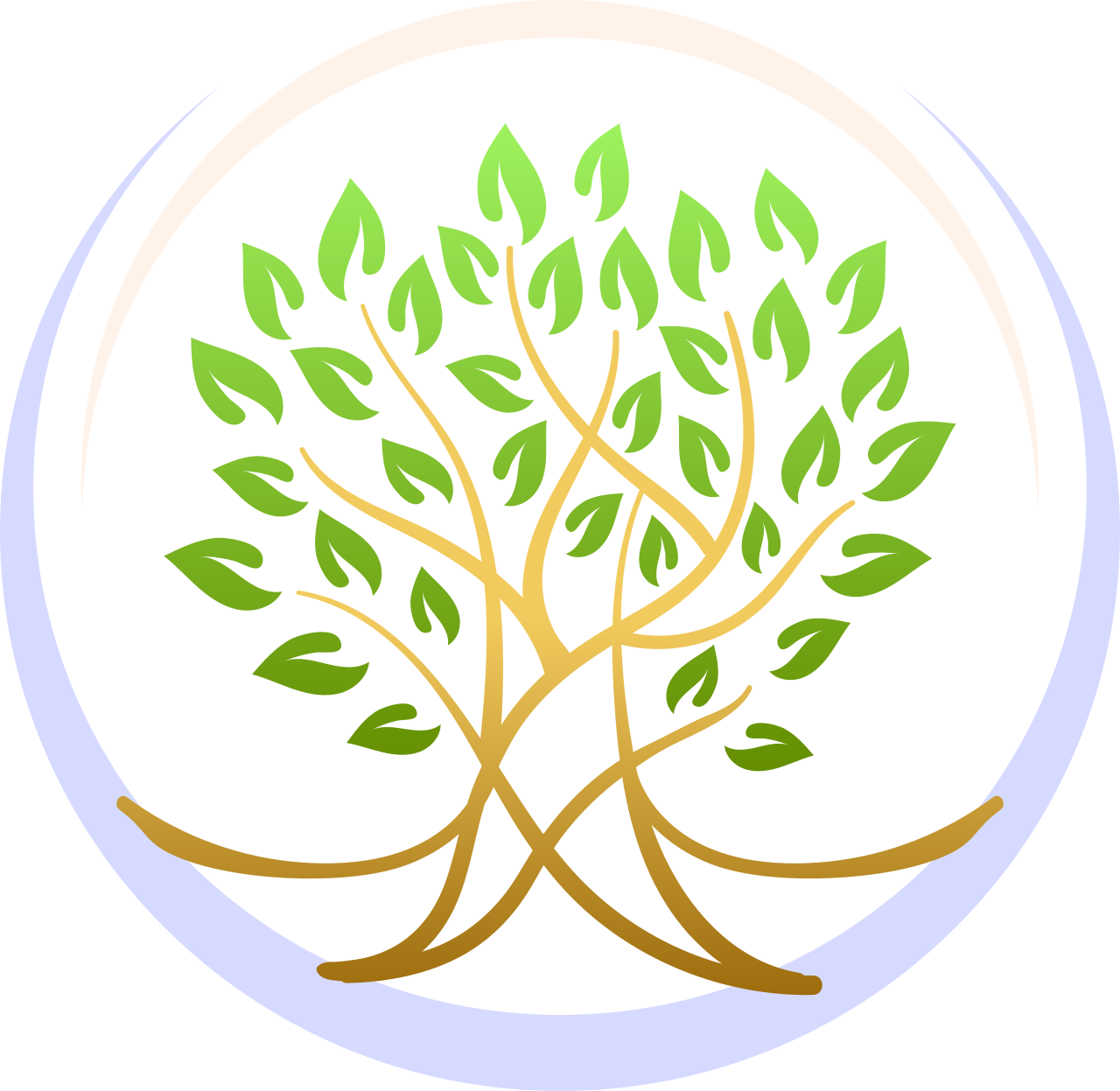Family Therapy
Cultivating Supportive Family Relationships
Reasons for Family Therapy
Improving Communication
Addiction Support
Healing After Trauma
Coping with Life Changes
Strengthening Bonds
Addressing Behavioral Issues
Family Therapy: Strengthening Family Bonds
Family therapy is a supportive, structured process designed to help families address challenges, improve communication, and build stronger connections. At Growth & Wellness Therapy Services, I specialize in structural family therapy to promote healthy interactions and lasting harmony within families.
Understanding Family Therapy
Family therapy is centered on the relationships and interactions within a family unit. It’s not about blaming any individual; instead, it focuses on how the family as a whole can work together to create a healthier dynamic. This approach helps families better understand one another, resolve conflicts, and navigate life’s challenges as a united team.
Why Families Seek Therapy
Families come to therapy for a variety of reasons. Some may be struggling with communication breakdowns, while others are seeking support after a significant life event. Common reasons for seeking family therapy include:
- Improving communication and reducing misunderstandings.
- Addressing behavioral challenges in children or adolescents.
- Coping with major transitions like divorce, relocation, or the loss of a loved one.
- Supporting a family member through addiction recovery.
- Healing after traumatic experiences.
Each family’s needs are unique, and therapy is tailored to meet those specific concerns.
My Approach: A Focus on Family Dynamics
At Growth & Wellness Therapy Services, I employ evidence-based techniques to address your family’s challenges. My approach focuses on understanding your family’s dynamics and uncovering patterns that may contribute to conflict or tension.
Key Techniques I Use
- Therapeutic Rehearsals: Practice healthy communication and conflict resolution through guided role-playing.
- Psychoeducation: Learn about emotional regulation and how it impacts family relationships.
- Behavioral Pattern Identification: Recognize and change harmful habits that affect the family dynamic.
These methods are designed to help families develop tools for effective communication and mutual support.
The Impact of Family Therapy
Family therapy has the potential to transform relationships by fostering deeper understanding and connection. Benefits include:
- Improved emotional bonds and trust among family members.
- Greater resilience in the face of stress or conflict.
- Enhanced problem-solving and decision-making skills as a family.
- A renewed sense of unity and mutual respect.
What to Expect in Family Therapy
Getting started with family therapy is simple. After scheduling an appointment, you’ll begin with a free 15-minute consultation where you can share your concerns and goals. During sessions, I will guide the family through open discussions and exercises designed to address your unique needs.
Overcoming Hesitation
It’s common for one or more family members to feel unsure about therapy. I address this by creating a safe, non-judgmental space for everyone to share their perspectives. If needed, we can start with individual sessions to build comfort and trust before transitioning to full family participation.
Begin Your Family’s Journey Today
At Growth & Wellness Therapy Services, I am committed to helping families navigate challenges and build stronger, healthier relationships. Whether you’re facing a major life event, ongoing conflict, or simply want to enhance your family’s connection, I am here to guide you every step of the way.
Contact me today to schedule your consultation and take the first step toward a more harmonious family life.
Getting Started is Easy
Book Appointment
Schedule a meeting with William during a time that works best for you and your family.
Free 15 Min Chat
Discuss your unique situation as William assesses the best strategy for your path forward.
1st Session!
Begin your journey down the path of happiness and healthy living.
Family Therapy FAQ’s
Who may need family therapy?
Family therapy is a talk therapy facilitated by a licensed therapist to members of a unit who consider themselves a family; this can have great variation. As a unit, families undergo crisis, unexpected changes and loss.
Families may also unintentionally perpetuate patterns of intergenerational trauma, which leads to various harmful patterns of communication, addiction or self-harm.
Oftentimes, the chronicity of a family’s ineffective dynamic can reinforce negative relationships and lead to poor coping or poor communication patterns between family members.
How does family therapy work?
Family therapy can consist of a telehealth or in person sessions, typically at a frequency of one time per week. I utilize structural family therapy as a format to engage families in resolving complex problems or a particular issue related to one member of a family.
The focus of this treatment is to provide understanding of your family’s dynamics, and identify the function and reinforcement of unhelpful communication patterns, in an attempt to create positive change.
In family therapy, we will use therapeutic rehearsals which may include role plays, introduction of assertive communication and psychoeducation about regulating emotions, in effort to develop healthier patterns of communication.
What if an important member of a family does not want to participate?
Some members of a family unit may not want to participate in therapy possibly because they are uncomfortable with the therapeutic process. Some of these family members may understandably be hesitant to discuss topics that in the past have led to conflict and further chaos.
To integrate these members into the larger family therapy process, we can start with an individual consultation through a phone call or meeting, in an effort to establish a level of rapport with a therapist; this typically provides hope and familiarity with the interventions and techniques.
Get In Touch
Book an appointment below.
For emergencies, call 911 or visit your nearest hospital.
